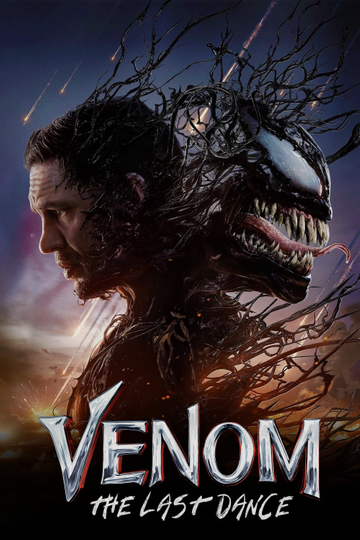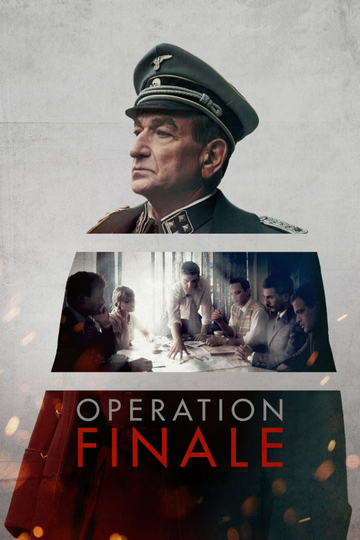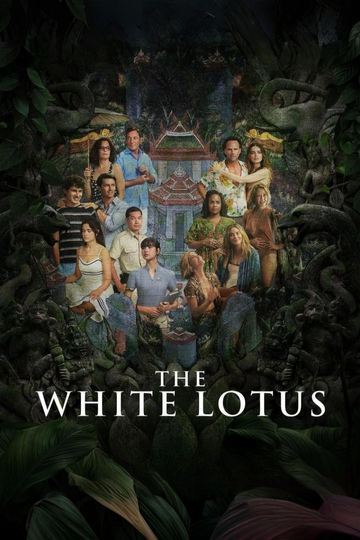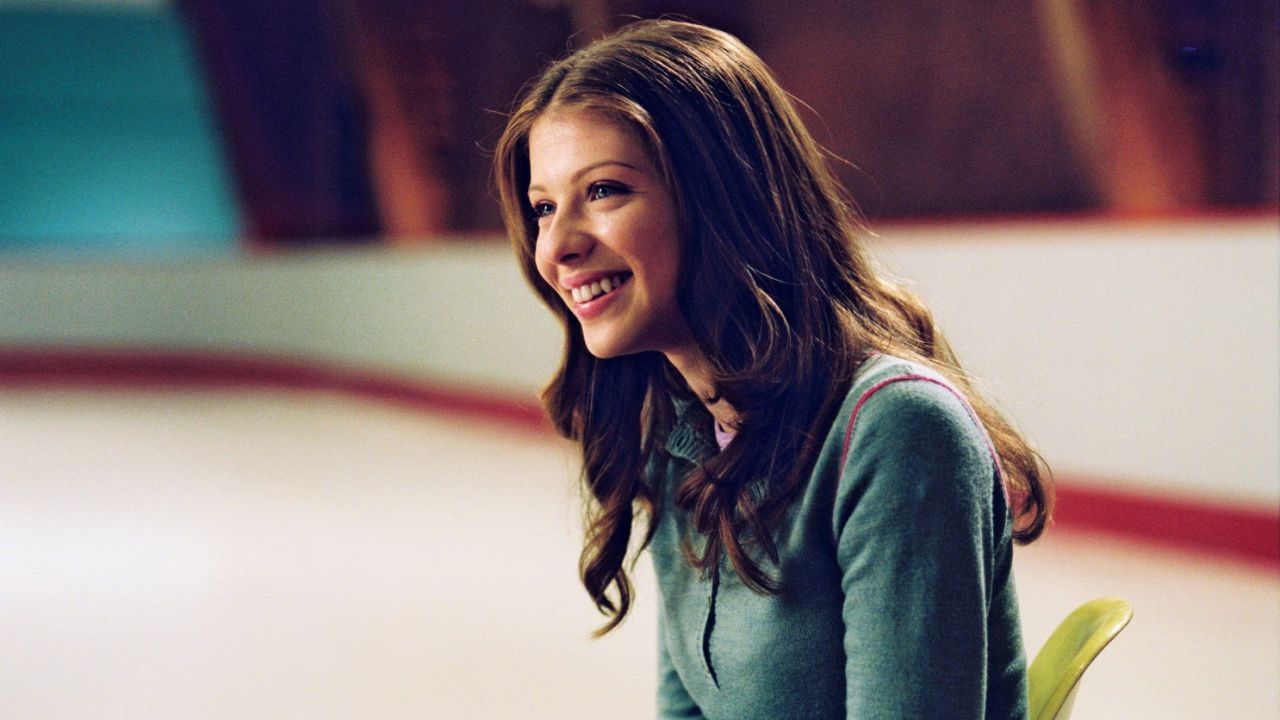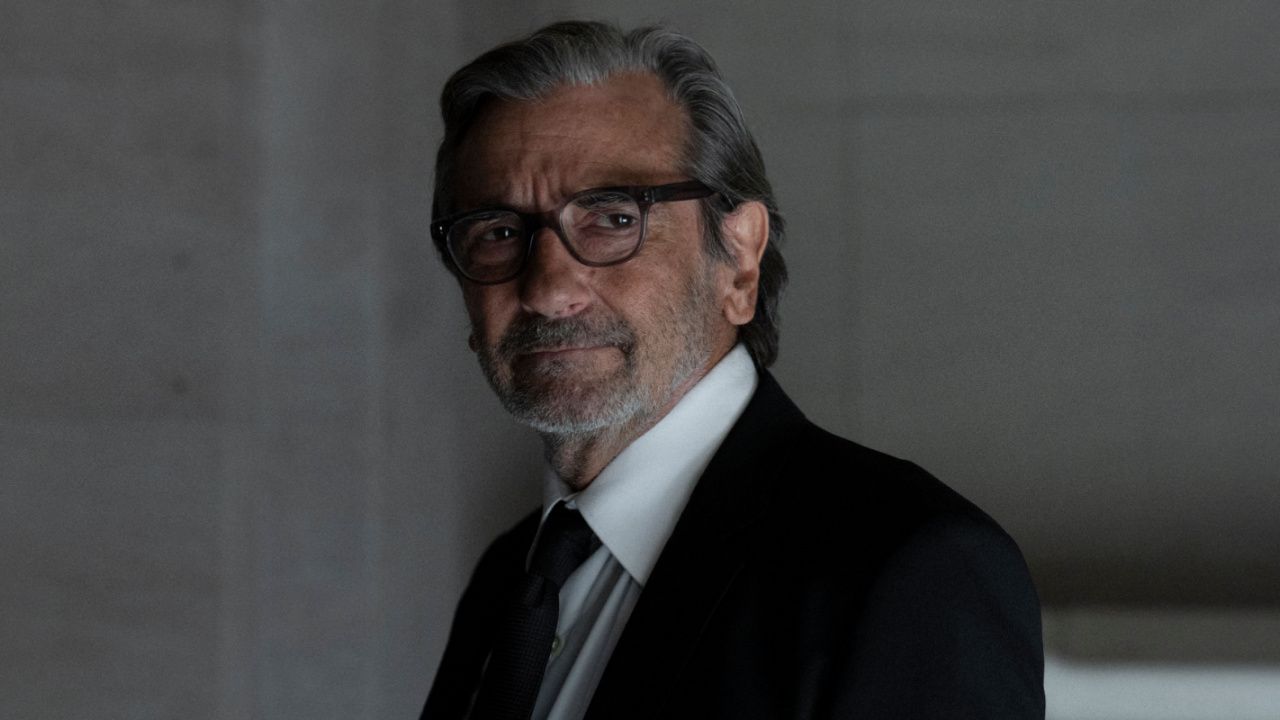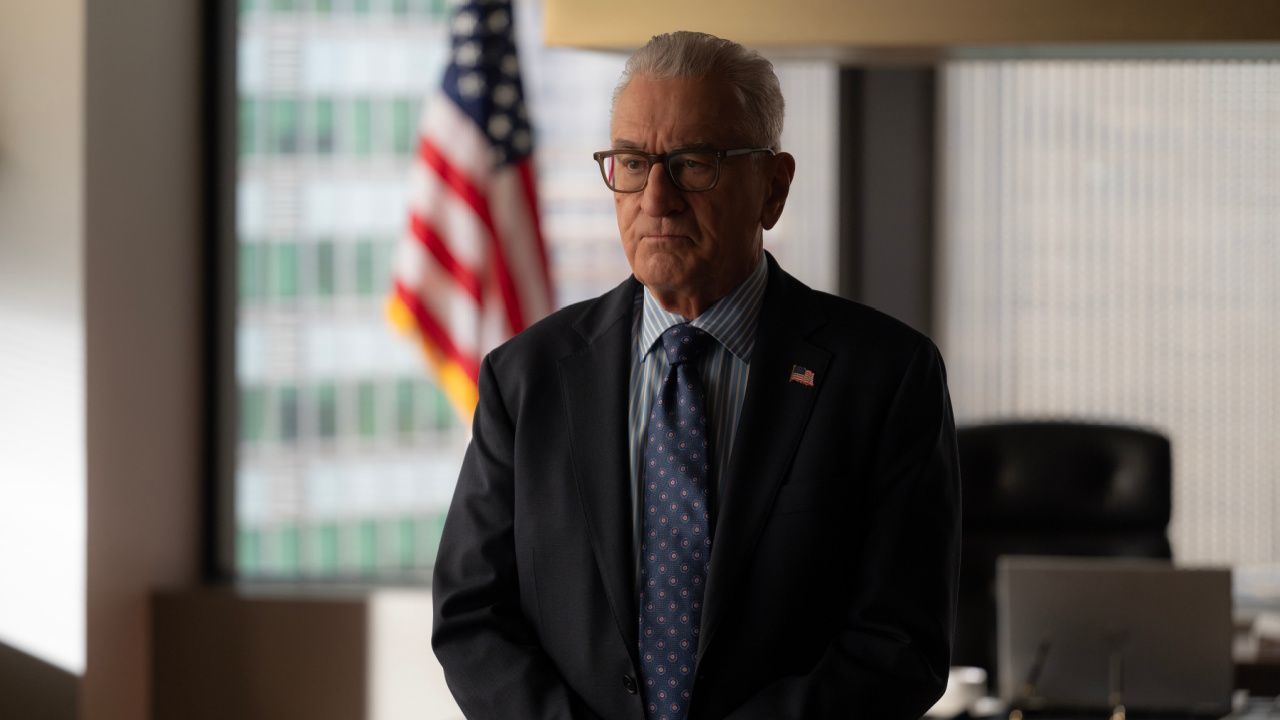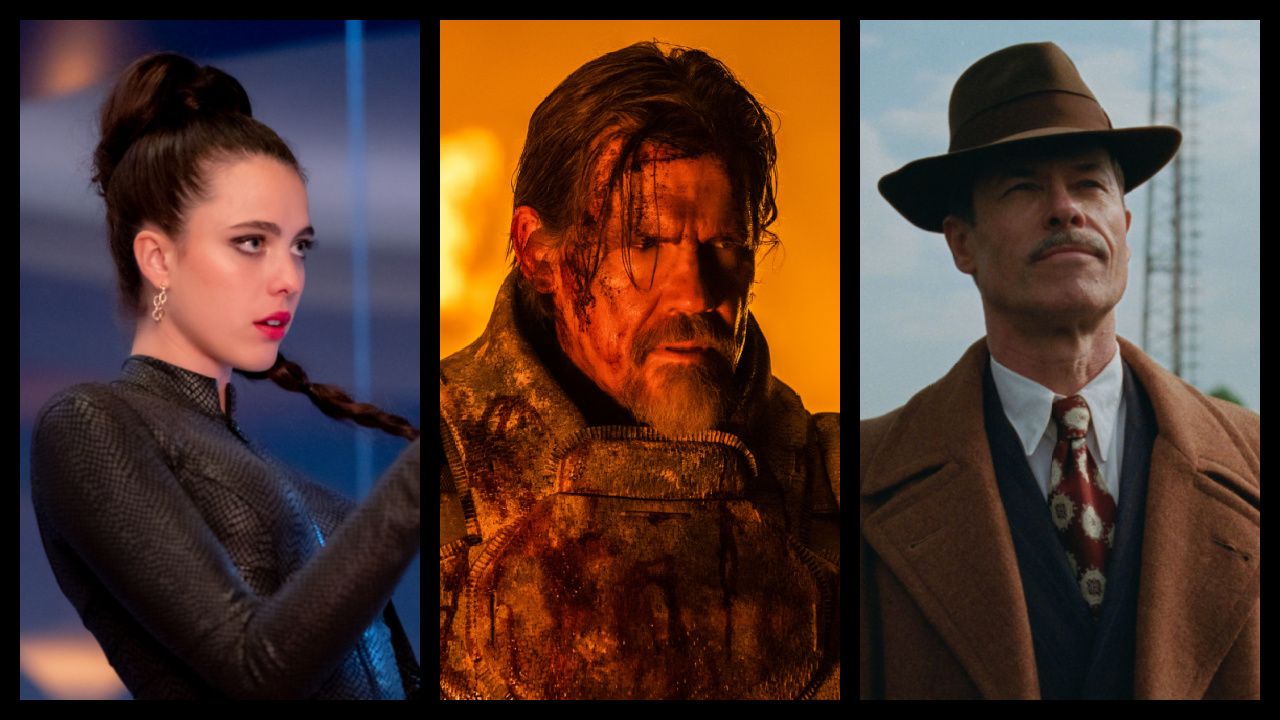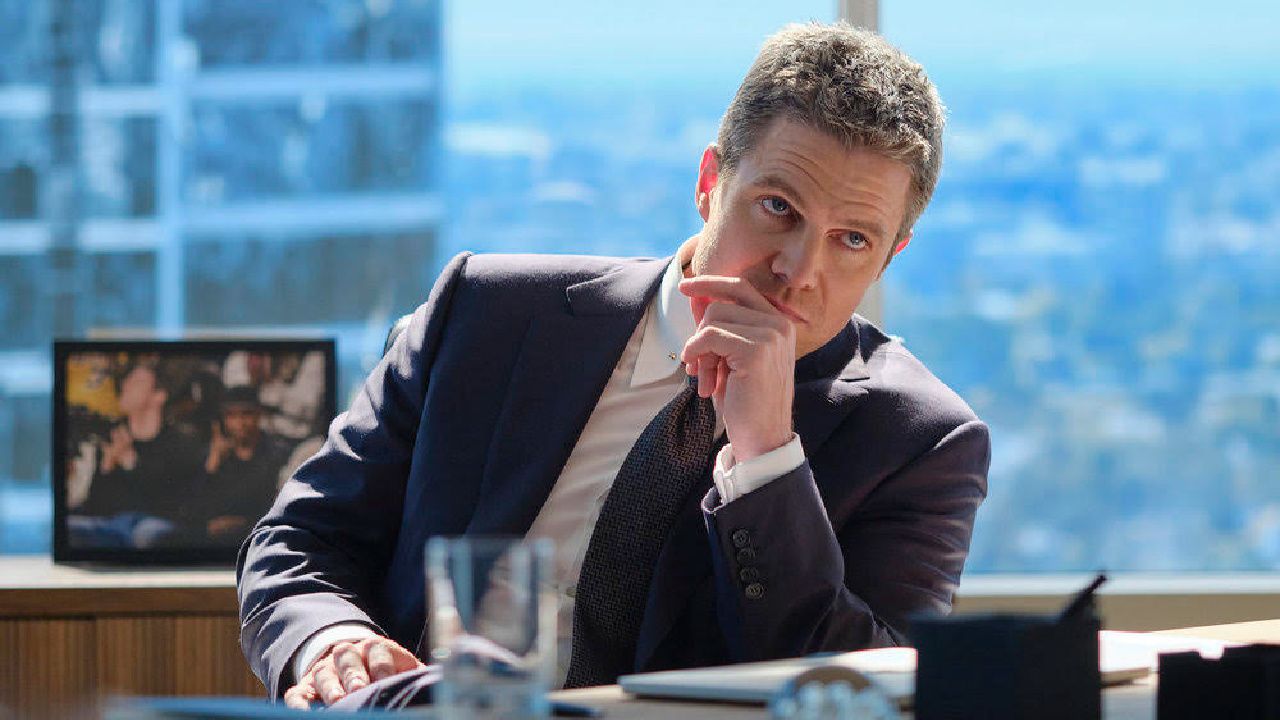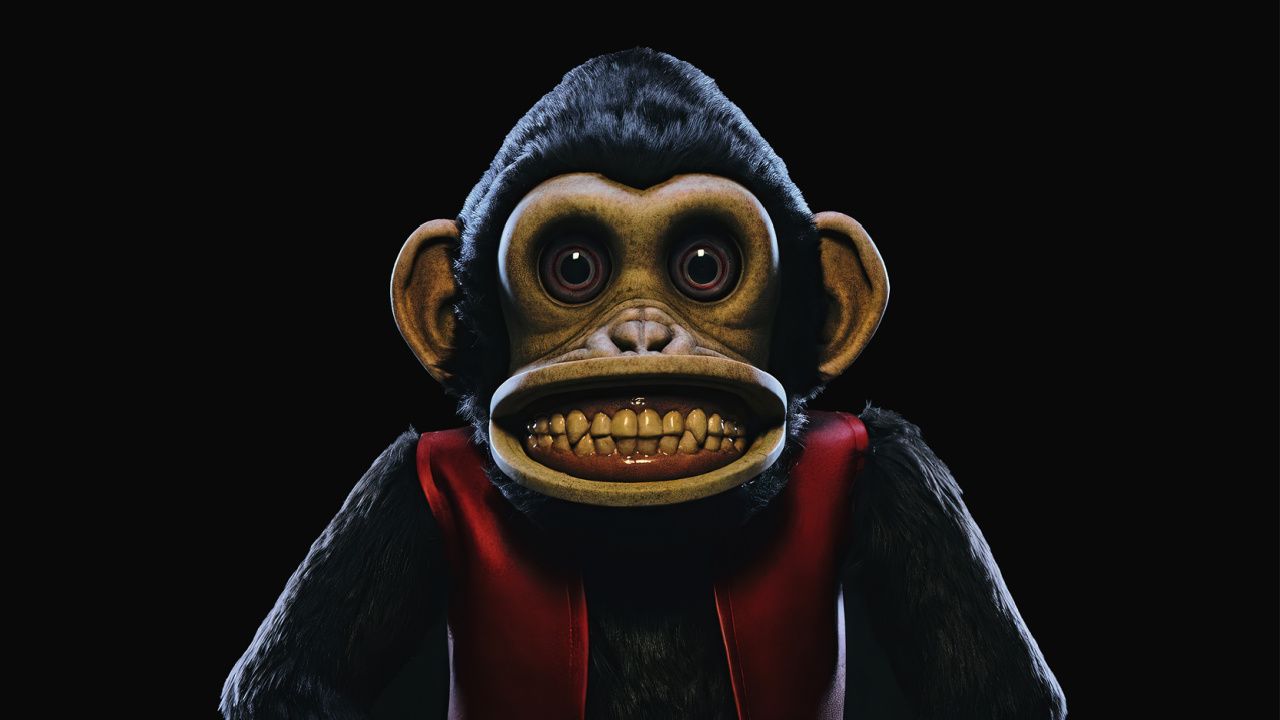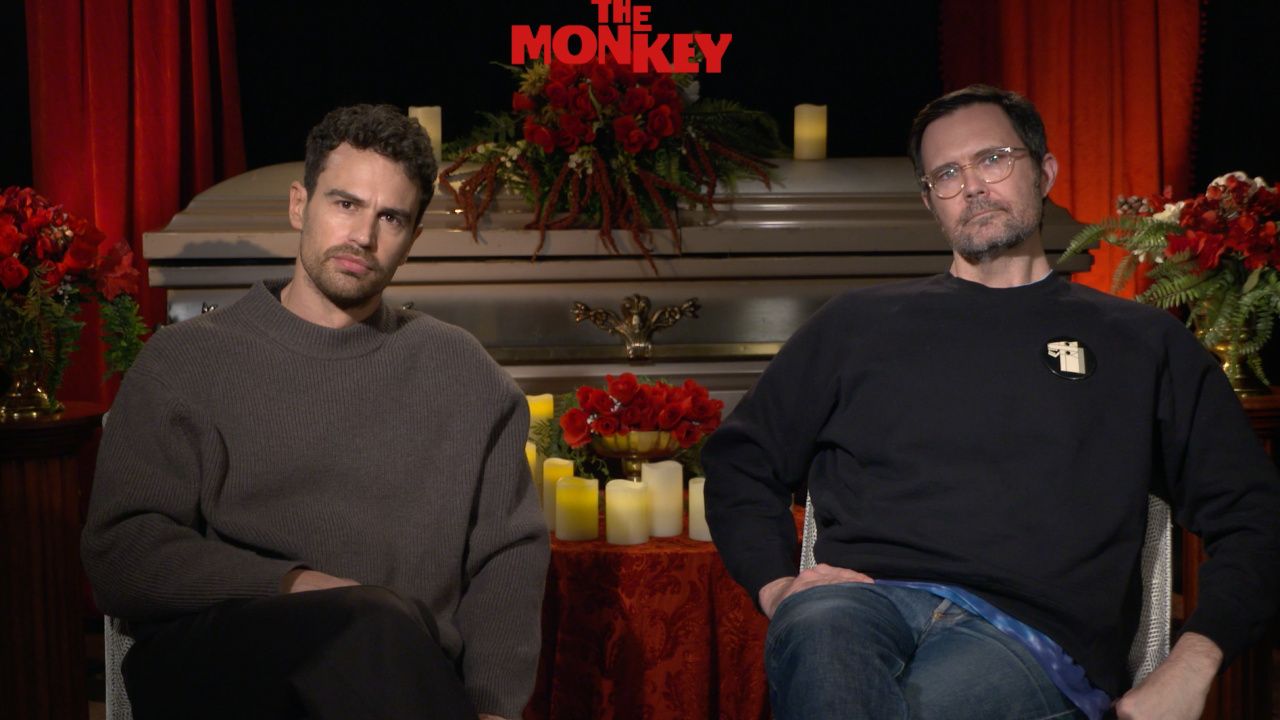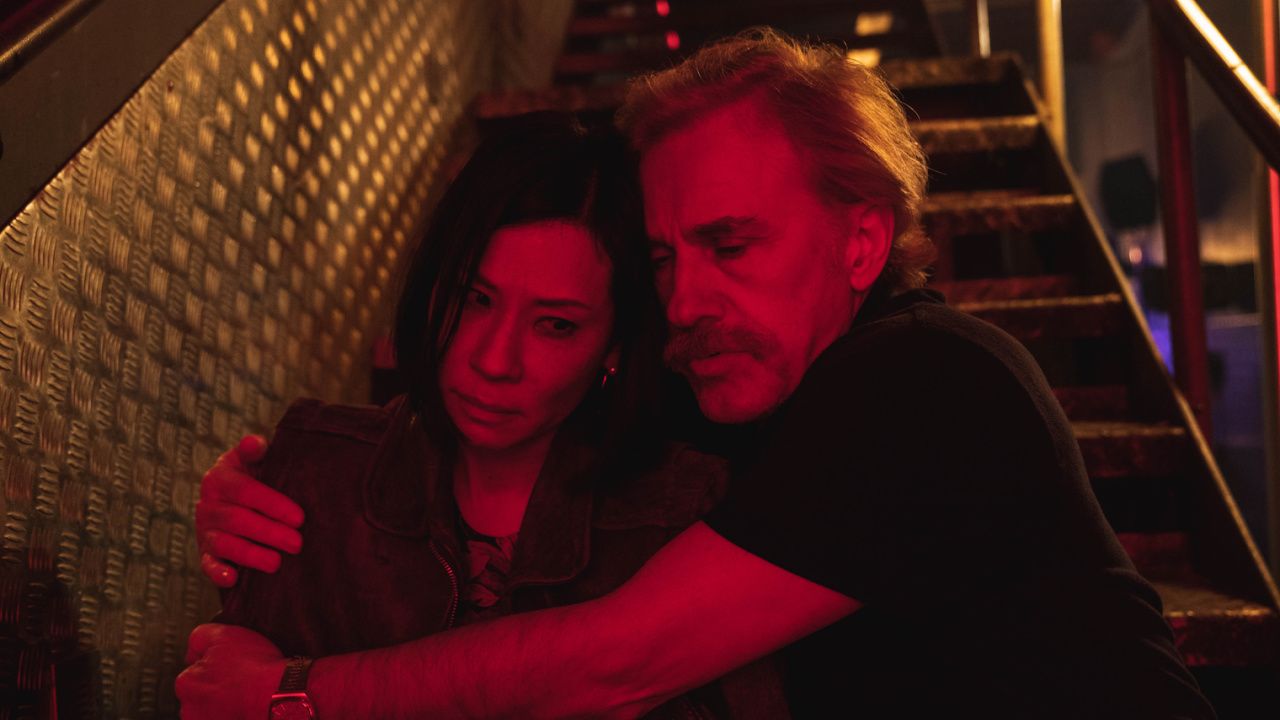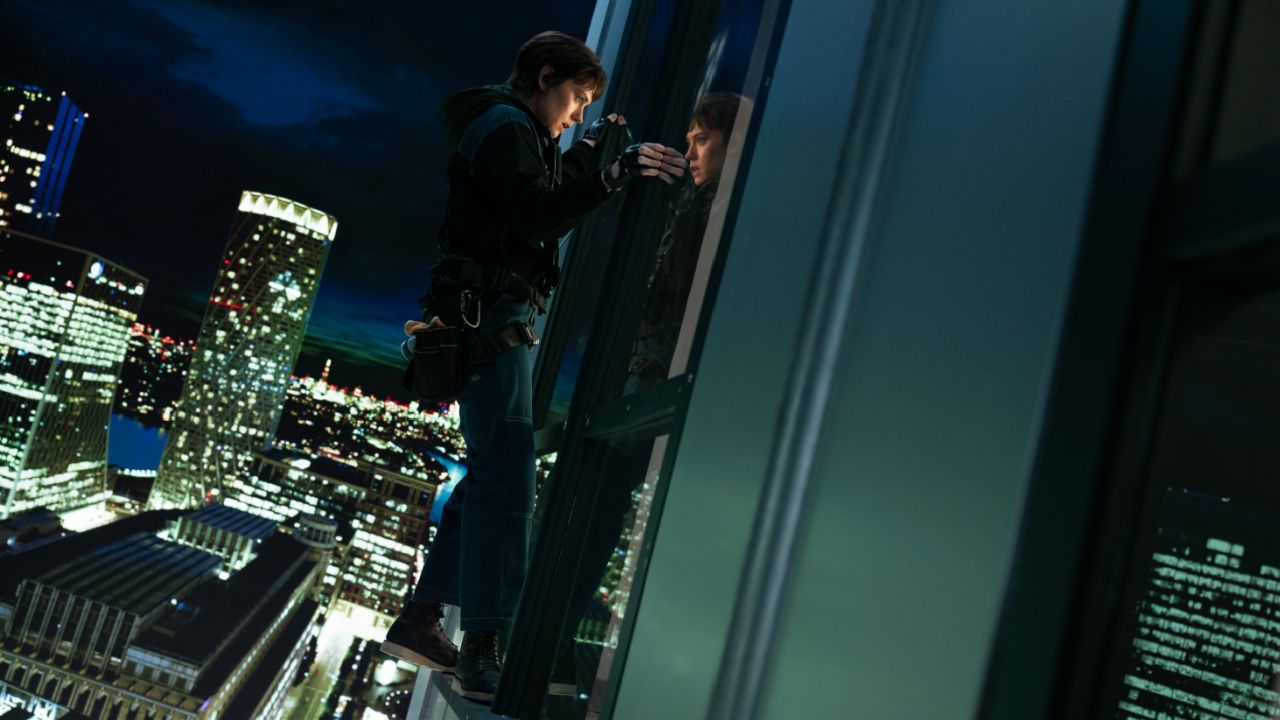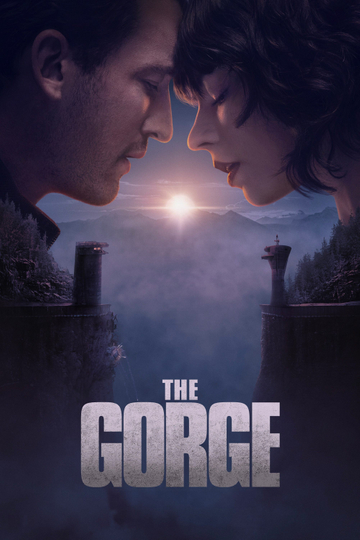‘Joe Bell’ stars Mark Wahlberg, Reid Miller, and Connie Britton talk about their new dramatic movie.
The stars of ‘Joe Bell’ talk about the emotional resonance of the film, and how important the message of the movie is to them.
In ‘Joe Bell,’ Mark Wahlberg plays the title character, a man who decides to walk from Oregon to New York to talk about his son’s struggle with bullying. The movie is based on a true story, and also stars Connie Britton as Joe’s wife Lola, and Reid Miller as Joe’s son Jadin Bell. The three actors spoke with us about their new movie.
First, Mark Wahlberg talks about his reaction to the script.
Moviefone: I was not ready for this heartbreaking story, but at the same time, it was very moving and inspiring. What made it such a passion project for you?
Mark Wahlberg: Well, I think the same reaction that you had to the film, I had to the screenplay. And, of course, being a parent, a father of four, I had to get this movie made and be a part of it, continue Joe's journey and get people hopefully to open their hearts and their minds and understand the devastating effects of bullying and intolerance. And so, I was compelled to make this movie and be a part of it and honor Jadin, especially, and also Lola and Joseph. And after meeting them, I continued to be encouraged, through my initial reaction to reading the screenplay.
MF: It is such an emotional film. And you mentioned as a dad yourself, I'm curious when you're in these scenes with Reid, how does that feel for you as an actor?
Wahlberg: It feels very real because he reminds me so much of both of my sons. That's why I had that emotional connection with him when he came into this very room that I'm sitting. I've read with a lot of really talented actors, and I thought they all were wonderful, but I had that connection with him in particular. And that really moved me, and it moved me the first time, the second time, after the 10th take, the 20th take, the first day of shooting, the last day of shooting.
When I see his name pop up on my phone, I still feel that, and those aren't things that you can fake. I think he was meant to play this part, and he is a light, and he spreads a lot of love and very much in a way that Jadin was. And he's fearless and brave, very much in the way that Jadin was.
MF: Reid actually just told me that he was searching for a connection to his character, Jadin, and he found it in the main scene, which we won't talk about because we don't want to give too much away, but in that scene when he discovered that there was no one reaching out for him. He didn't have anyone to reach out to, that was when he really found that connection to Jadin. Did you have a similar moment in the film where you really found that connection to Joe Bell?
Wahlberg: Well, no. I mean, I learned a lot. Joe was a very complicated and tough guy who had a very difficult childhood and abusive upbringing. What little skills he had certainly were not equipped to deal with a situation like this. He thought the best way to protect his son would basically deny his son who he really was as a person and hide that. And obviously, that was the worst possible decision, because kids need to be heard and seen and supported and loved unconditionally no matter what.
He always wished that he could've, after the fact, I really kind of reference Jadin being a cheerleader, that Joe could have been his cheerleader and supported him in a way that would have really empowered him. But, unfortunately, he didn't get to do that, and that always felt like it weighed really heavy on him. That's why he wanted to talk to anybody who would or wouldn't want to listen. No matter what, they were going to hear it, and hopefully he would prevent somebody else from going into the situation.
MF: Yeah. I had a hard time figuring out Joe Bell because there were moments in the film where he's either really harsh and really mean. Of course, coming from a different place within himself, he's struggling with his own emotions. But on the other end, he'll be very caring and very, like he loved his son so much. So I feel like that's something that you could've only learned about him through Lola in person?
Wahlberg: Yeah. And his other son, Dusty, and from Joseph. Actually just made me emotional just hearing you say that, because again, yeah, we could have easily tried to make him the kind of loving, sweet doting dad the whole time. But that wasn't who he was, and I think it's far more relatable having a really honest depiction of who he was and how complicated it is. Right?
You're talking about growing up in a very specific place where certain things are accepted, and certain things aren't accepted, and all he had was his own experience to draw from and what his relationship with his dad was. And he felt like if he wasn't putting his hands on his kids and he wasn't beating his kids, then he was already a much better parent. But being there for somebody emotionally and having those skill sets, it just wasn't something that he was equipped with.
So we wanted it to be honest. I mean, I showed the movie to a lot of people, and like, "Oh, my God, this guy is such an ass," excuse my language. And I'm like, "Well, yeah, he was a complicated guy, trying to do the best that he could, thought he was doing the best that he could and realized that, oh, my God, I'm as responsible as the kids who were bullying my son in high school. What an effect that must have had on him! And that pain, he had to bear that pain and his mission to get the word out there and prevent other people from doing that. Open people’s hearts and minds was the only thing that he felt like he could do. He was a complex guy, and we wanted to really portray that in an honest way.
Connie Britton discusses meeting with the real-life Lola Bell.
Moviefone: You got to know the real life Lola, can you talk about that a little bit?
Connie Britton: You know, we couldn't have made the movie without talking to Lola, honestly, and she was just so incredibly generous and forthcoming with her story with sharing insights into who Joe Bell was, who her son, Jadin Bell was, and what was really, really valuable, well, besides for me, I was just like, "Wow, how can you be this strong? How can you have gone through so much and still be able to go through the retelling of the story?" But I think it might've actually been cathartic for her, because in a way, she was then able to continue Joe's walk and to continue the fight against bullying and to continue her deepening hope that we have greater understanding of our LGBTQ communities and sons and daughters. So, for me, it was just an incredibly important and exciting opportunity to talk to her.
MF: Reid Miller has such a presence in this movie. Was he that electric on set?
Britton: Yes, he was. But also, he's just one of those people that, he came with such an open heart. He wanted to collaborate. He wanted to learn, and so it was really exciting to see somebody who has that much just pure talent sort of percolating to the surface. And I have to say, I give Mark Wahlberg a lot of credit too, because he is the reason this movie happened and created such passion. He was so passionate about it. I think this was a very personal project for him, and he was so passionate about how we told this story. And I think that that passion was infectious. And I think we all benefited from that, and it really created an environment where we felt really free to tell this story as honestly, and as fully, as we could. And Reid just ran with that.
Reid Miller shares how he connected with Jadin Bell.
Moviefone: The movie is heartbreaking, but it's also moving and inspiring. What were some of the conversations that you had with the director, with Mark Wahlberg and the other filmmakers?
Reid Miller: The biggest conversation I had with everyone was, "What kind of movie are we trying to make? What story are we trying to tell?" And at the end of the day, it was, "We're trying to tell the story of a relationship between a father and a son, and a journey of redemption, self-acceptance, and understanding, which is something I think everyone can relate to. Everyone has had a redemption arc or two. Everyone has always been on a journey of understanding. And that was super important to me was understanding exactly what their vision was. What are they wanting to do here? And luckily we were all on the same page there.
MF: For you, in particular, all the scenes are very emotional. What was it like for you day-to-day as Jadin on the set of Joe Bell?
Miller: I mean, it was exhausting. I mean, it was incredibly rewarding when you would do a scene, and you feel it in your heart that you absolutely pulled as much as you could, and it worked, and it looks great, and the emotion is there, and the point is there, and it's raw. It is a very rewarding feeling. So for me, it was a constant back and forth of, "This is great," and, "Okay, I need a nap." So it was just always back and forth.
MF: And in order to really understand what Jadin was going through, did you talk to anyone who maybe went through this experience as well?
Miller: Well, I spoke to his mother. I spoke to his brothers, some friends who knew him, would watch home videos of his listening to him sing and listened to his music. And I did as much research as humanly possible, while also reminding myself that every single thing I hear from anyone about Jadin is their perception of him. So it's always remembering to take that and know that and understand that, but also know that I need to find the defining connection between me and Jadin so that I can do the best job possible at telling his story and sharing his legacy as honestly as possible.
MF: And so what was that moment when you found that connection?
Miller: I found that connection actually further into the process of filming where there's a scene, where again, without giving spoilers, I talked about it a few times, where Jadin is reaching out to a bunch of people, and no one is reciprocating. No one is there for him. And I've had moments like that. And it was such a raw, real moment, and it's very evident in the scene. And so after I filmed that I felt like a different person all together because it's like a lot of my struggles, and maybe things that I, buried were brought to light in order to get the scene done how it needed to be done because it's one of the most important scenes in the movie, if not the most important. So for me, I'm so incredibly proud of it, but I'm so incredibly proud of it because I felt Jadin was right there with me every step of the way. And if I wouldn't have been able to do it without him.
‘Joe Bell’ is now in theaters.



